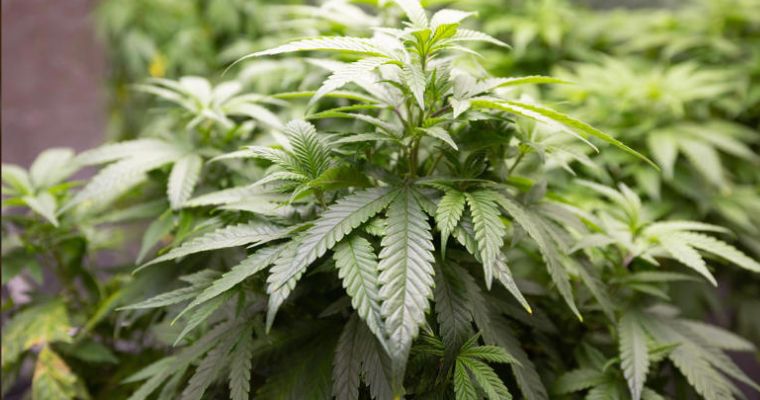
The Biden administration is gearing up to implement a significant shift in the federal government’s stance on marijuana, potentially reclassifying it from a Schedule I to a Schedule III substance under the Controlled Substances Act. This reclassification would not fully legalize marijuana but would acknowledge its medical utility and lower potential for abuse compared to substances currently classified as Schedule I, like heroin and LSD.
The Drug Enforcement Administration (DEA) is set to open public comments on this transformative proposal, marking one of the most substantial federal policy shifts on marijuana since its initial prohibition. According to a source familiar with the initiative, the Department of Justice is preparing to send its recommendation for reclassification to the White House Office of Management and Budget. The public will soon have the opportunity to weigh in on this proposed rule change.
This move by the administration follows a broader trend of changing perceptions towards marijuana. Currently, 24 states along with Washington, D.C. have legalized the recreational use of marijuana, and an additional 14 states allow its medical use. Despite these changes at the state level, federal law has remained rigid until now.
Paul Armentano, deputy director of the National Organization for the Reform of Marijuana Laws (NORML), noted the significance of federal agencies recognizing the medical benefits of cannabis. However, he expressed concerns that rescheduling marijuana to Schedule III—while a positive step—does not resolve the ongoing conflict between state and federal marijuana laws, nor does it fully address the legal inconsistencies affecting users and businesses across the country.
The proposal to reschedule marijuana has garnered considerable public support. A survey commissioned last fall by the Coalition for Cannabis Scheduling Reform found that nearly 60% of likely voters supported the change, with particularly strong support among younger voters. According to a recent Gallup poll, the percentage of Americans in favor of legalizing marijuana has reached a record high of 70%.
Critics, however, remain cautious. Rep. Andy Harris, R-Md., has voiced opposition, citing concerns about marijuana as a “gateway drug” and pointing to studies suggesting negative health impacts. Yet, many experts argue that the initial classification of marijuana as a Schedule I substance was not based on robust scientific evidence.
Rescheduling marijuana to Schedule III would categorize it alongside drugs like ketamine and Tylenol with codeine, which are considered to have a moderate to low potential for dependence. This change would allow health care providers to prescribe marijuana legally and could alleviate the tax burdens faced by cannabis businesses, which are currently treated as drug traffickers under federal tax law.
While the rescheduling of marijuana would mark a significant policy shift, it does not equate to full legalization. Recreational use would remain illegal under federal law, and state programs would still operate under complex regulatory frameworks. However, this move could signal a growing recognition of marijuana’s therapeutic benefits and a shift towards aligning federal policy with state laws and public opinion.




